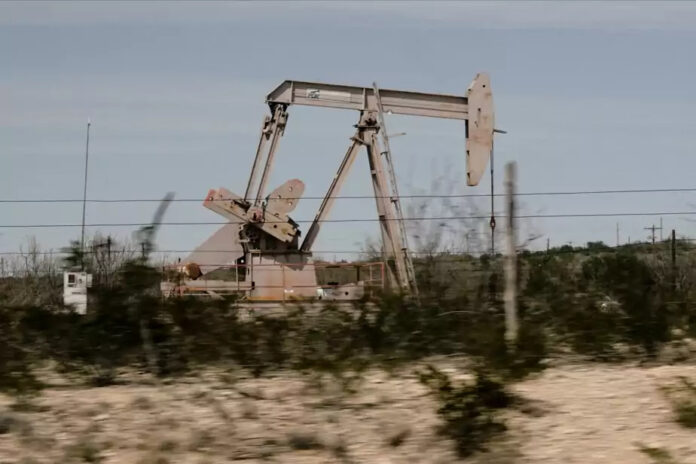(New York) Oil prices rose on Wednesday, prompted by proactive statements from Saudi Arabia, determined to support crude prices even if it meant losing revenue.
The price of a barrel of Brent North Sea oil for September delivery rose 0.52% to close at $76.65.
As for the barrel of American West Texas Intermediate (WTI), with maturity in August, it jumped 2.82% to 71.79 dollars.
The difference between the two variations, a rare phenomenon, is explained by a possible “catch-up” effect in the prices of WTI, the market for which was closed on Tuesday, the American national holiday, unlike Brent, indicated Daniel Ghali, of TD Securities.
“We are seeing cover buying” by speculative operators, who had positioned themselves on the downside, but are changing their tune “with a tension in the fundamentals following the decision by Saudi Arabia to extend its production cuts and that of Russia to limit its exports”.
The kingdom announced on Monday that it would renew in August the reduction of one million barrels per day of its production, implemented in July. At the same time, Russia has pledged to cut its crude oil exports by 500,000 barrels per day.
On Wednesday, Saudi Energy Minister Prince Abdulaziz bin Salman insisted that the timing of these announcements was “quite telling” and demonstrated that the two major players in OPEC (Organization of the Petroleum Exporting Countries and their OPEC deal allies) were aligned.
“We will continue our efforts to surprise the markets […], we will do whatever is necessary” in order to stabilize prices, he stressed at the opening of an OPEC seminar in Vienna, headquarters of the the organization.
The market has been questioning, in recent months, the attitude of Russia, which although having committed, in February, to contract its production of 500,000 barrels per day, continued to water the market in black gold.
“The OPEC alliance is stronger than ever,” JPMorgan analysts said in a note.
Brokers largely ignored the incident in the Gulf of Oman on Wednesday that saw the US Navy prevent Iran’s seizure of two oil tankers, according to US Naval Forces Central Command (Navcent).
According to several media, one of the two tankers is operated by Chevron.
“Historically, operators do not see these incidents in the Strait of Hormuz causing barrel losses,” said Daniel Ghali. “Therefore, it does not affect prices. »





